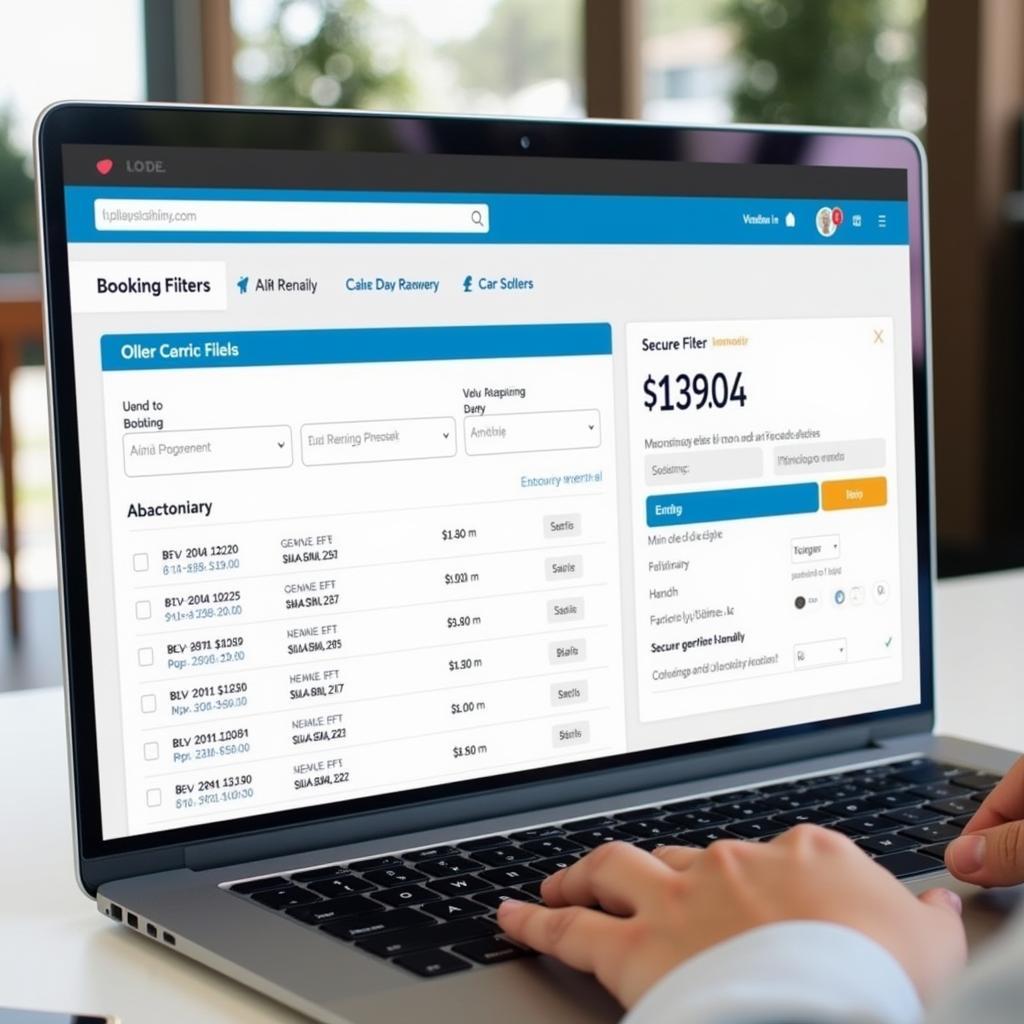How to Start a Car Rental Service: A Comprehensive Guide
Starting a car rental service can be a lucrative business venture, offering customers flexibility and convenience while you enjoy the rewards of being your own boss. However, like any entrepreneurial endeavor, it requires careful planning, strategic decision-making, and a solid understanding of the market. This guide will provide you with a step-by-step roadmap to launching your own successful car rental service.
1. Develop a Solid Business Plan
A well-structured business plan is your roadmap to success, outlining your business goals, target market, competitive analysis, marketing strategy, and financial projections. It’s crucial to dedicate ample time to research and develop a comprehensive plan.
- Define Your Niche: Will you focus on budget-friendly rentals, luxury vehicles, SUVs for families, or a specific type of car like electric vehicles? Identifying a niche helps you target the right customers and differentiate yourself from competitors.
- Target Market: Who are your ideal customers? Are they business travelers, vacationers, or locals in need of temporary transportation? Understanding their needs and preferences will guide your fleet selection and marketing efforts.
- Competitive Analysis: Research your competitors, identifying their strengths, weaknesses, pricing strategies, and customer reviews. This analysis will help you identify opportunities to differentiate your service and appeal to a specific customer base.
- Financial Projections: Estimate your startup costs, including vehicle purchases, insurance, licensing, marketing, and rent. Project your revenue and expenses for at least the first three years. A realistic financial plan is essential for securing funding and making informed business decisions.
2. Secure Funding
Starting a car rental service requires significant capital investment, primarily for acquiring your fleet. Evaluate your funding options and choose the most suitable for your circumstances:
- Personal Savings: Utilizing your savings demonstrates commitment to lenders and investors.
- Loans: Explore options like Small Business Administration (SBA) loans, bank loans, or credit lines specifically designed for startups.
- Investors: Seek out angel investors or venture capitalists interested in the car rental industry.
- Crowdfunding: Platforms like Kickstarter or Indiegogo can help you raise capital from a large pool of individuals interested in supporting new businesses.
3. Choose the Right Location
Selecting the right location for your car rental business is crucial for attracting customers and ensuring operational efficiency. Consider the following factors:
- Visibility and Accessibility: Choose a location with high visibility and easy access for customers, preferably near airports, train stations, or popular tourist areas.
- Competition: Analyze the competitive landscape in your chosen area. A location with too much competition might make it challenging to gain market share.
- Rent and Utilities: Factor in the cost of rent, utilities, and other overhead expenses associated with the location.
- Local Regulations: Research local zoning laws and regulations related to car rental businesses.
4. Build Your Fleet
 Building a Diverse Car Rental Fleet
Building a Diverse Car Rental Fleet
Your fleet is the heart of your car rental business. Choosing the right vehicles is crucial for attracting customers and maximizing profitability:
- Variety: Offer a range of vehicles to cater to different customer needs, such as compact cars, sedans, SUVs, vans, and luxury vehicles.
- Condition: Ensure all vehicles are in excellent condition, both mechanically and aesthetically. Regular maintenance and cleaning are crucial for customer satisfaction.
- Fuel Efficiency: Consider fuel-efficient models to appeal to environmentally conscious customers and potentially reduce operating costs.
- Technology: Equip your vehicles with modern features like GPS navigation, Bluetooth connectivity, and backup cameras to enhance the customer experience.
5. Establish a Booking System
 User-Friendly Online Car Rental Platform
User-Friendly Online Car Rental Platform
A streamlined booking system is essential for managing reservations and providing a seamless customer experience:
- Online Booking Platform: Invest in a user-friendly website or mobile app with secure online booking capabilities.
- Reservation Management Software: Implement software to track reservations, manage vehicle availability, process payments, and generate reports.
- Customer Support: Provide excellent customer support through multiple channels, such as phone, email, and live chat.
6. Set Competitive Pricing
Pricing your rental services competitively is crucial for attracting customers while ensuring profitability. Consider the following factors:
- Market Research: Analyze competitor pricing strategies in your area.
- Vehicle Type: Different car categories command different rental rates.
- Rental Duration: Offer discounted rates for longer rental periods.
- Seasonality: Adjust pricing based on demand fluctuations during peak and off-seasons.
- Insurance and Add-ons: Offer optional extras like insurance coverage, additional drivers, or GPS devices for an extra fee.
7. Marketing and Promotion
 Targeted Marketing for Car Rental Business
Targeted Marketing for Car Rental Business
Effective marketing is essential for creating brand awareness and attracting customers:
- Online Marketing: Utilize social media marketing, search engine optimization (SEO), and paid advertising campaigns to reach your target audience.
- Partnerships: Collaborate with hotels, travel agencies, and local businesses to offer your services to their customers.
- Loyalty Programs: Reward repeat customers with discounts, upgrades, or exclusive perks.
- Customer Reviews: Encourage satisfied customers to leave positive reviews on platforms like Google My Business and Yelp.
8. Provide Excellent Customer Service
Exceptional customer service is paramount in the car rental industry:
- Friendly and Efficient Staff: Train your staff to provide helpful, courteous, and efficient service to every customer.
- Streamlined Rental Process: Ensure a smooth and hassle-free rental experience from pickup to drop-off.
- Vehicle Maintenance: Regularly inspect and maintain your vehicles to avoid breakdowns and ensure customer safety.
- Addressing Issues Promptly: Have a clear process for handling customer complaints or issues.
Conclusion
Launching a successful car rental service requires careful planning, strategic decision-making, and a customer-centric approach. By following these steps and adapting to the ever-evolving market, you can establish a thriving business in the car rental industry. Remember, providing exceptional customer experiences and maintaining a well-maintained fleet will be key to your long-term success.

